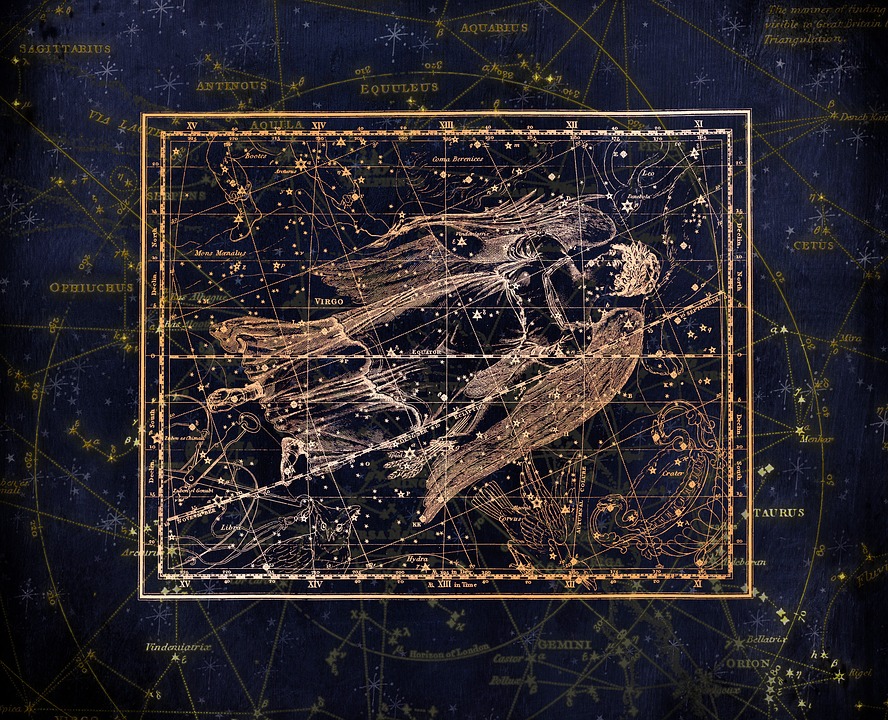What is astrology, exactly? The stars and planets have long piqued our interest, and many civilizations believe they may glimpse the divine visage in the sky. For every one of us, there is a cosmic dance on a large scale and a cosmic dance on a personal size. Astrology is the study of patterns and relationships, such as the movements of planets, our birth chart, synastry with others, the makeup of elements, and applying that information to create meaning.
Is Astrology a Scientific Discipline?
It’s more in metaphysics or studying what exists beyond the physical realm. It’s related to feng shui, acupuncture, and yoga, all based on ancient notions of energy patterns. At its most advanced degree, astrology is a knowledge of its specific science and the intuitive arts. It has been dubbed the “Mother of All Sciences” since it is the earliest known ordering of existence, long before recorded history.
The Celestial Clock is a timepiece that may be found in the sky.
The foundation of astrology is that celestial motions impact the passage of time. Because we are a part of the cosmic tale, the time of our birth as recorded on the celestial clock is significant. The planets continue to travel, interacting with the energies of our birth chart that are fixed in time.
Students today might create their intuitive language by drawing on stories, symbolic connections, and the wisdom of past astrologers. There are longer cycles, such as the Sun’s yearly voyage through the Zodiac, that indicate generational tendencies, and shorter cycles, such as the Sun’s annual travel through the Zodiac.
Know yourself.
No matter how far you take astrology, it’s a great tool for self-discovery. The jigsaw pieces may not appear to fit together at first. But if you persist with it, eventually it “clicks,” and the cosmic dance orchestrations make sense.
If life seems to be a succession of meaningless happenings, astrology can reassure us that things are happening for a reason. It can reveal underlying conflicts as well as inherent strengths. As a map of the mind, the birth chart is a path to self-knowledge that never ceases exposing new levels of understanding.
How to Read Your Birth Chart
Because it includes a distinct intelligence, astrology might seem perplexing at first. A birth chart comprises three parts: planet, sign, and House, and in astrology, the three elements come together uniquely. Your comprehension grows as you study more, and you begin to understand what life lessons the Aries Sun in the 10th House has in store for you.
Now that you’ve learned about the planets, signs, and houses, it’s time to look into aspects. This is the interplay between the characters in your horoscope. Do they make a square with each other? Or do they work well with trines and sextiles?
Where Should I Begin My Astrology Journey?
Stereotypes are considered to include truth, which is where they arise from in the first place. The essence of each sign’s energy has earned a name for itself. Gemini is a talkative, gossipy sign with a sharp wit. Scorpio is seductive and powerful. Virgo is a tidy freak, a purist, and so forth. As you make your observations, keep those prejudices in mind.
In broad strokes, the Sun sign encapsulates the core of basic nature. The remainder of the graph fills in the blanks. Continue learning about the Moon while keeping the Sun sign in mind. What type of cancer do I have? The remainder of your graph conveys the rest of the narrative.

